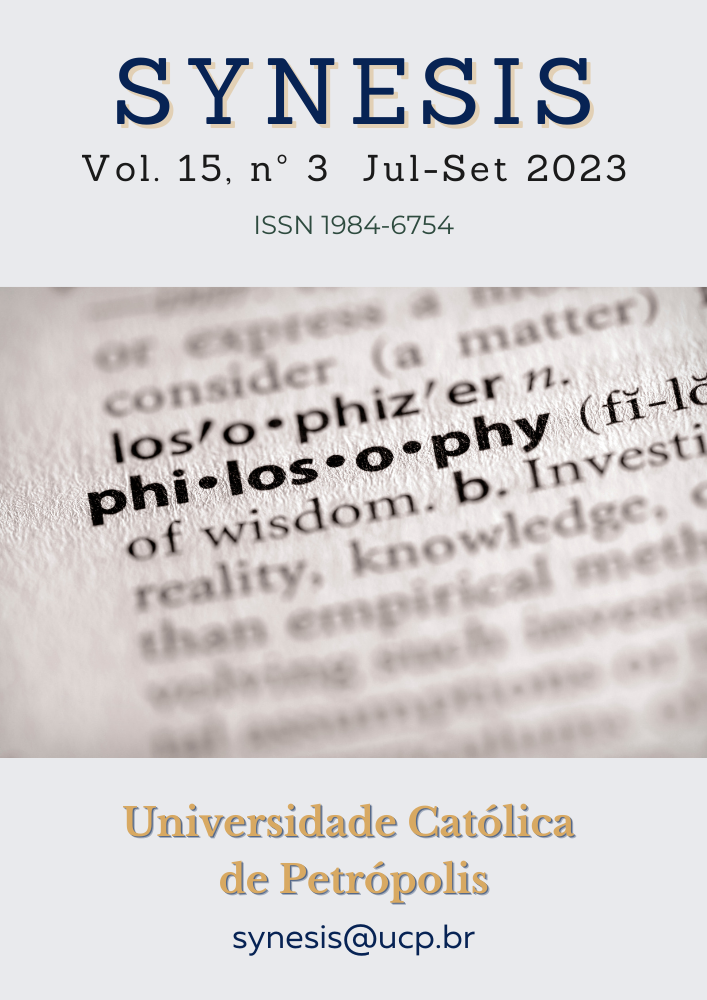Abstract
The teaching-learning activities have witnessed immense challenges due to the outbreak of the COVID-19 virus globally. Eventually, all the teachers and students were forced to choose an online class over the traditional or face-to-face learning to stop the spread of the virus. Nevertheless, the researchers see it as a challenge instead of taking this opportunity to felicitate the teachers and instructors with the findings of this study, which will help them implement e-learning systems. Therefore, this study aims to determine students' experiences about using e-learning as a pedagogical method for their learning needs amid the Covid-19 situation and further. In this regard, a questionnaire was prepared using constructs from the early studies to measure the user's experience and satisfaction with the e-learning system. The questionnaire consists of 10 close-ended items, randomly distributed among 50 undergraduate EFL students of Qassim University. Based on the learners' valid responses against each item, a quantitative analysis has been done using SPSS 26. This study indicates the students' positive attitudes towards the use of the e-learning system as they claimed that this system had enabled them to attain their learning goals. However, the learners reported mild technical difficulty due to the university learning management system.
References
Algahtani, Abudullah Faleh. (2011). Evaluating the Eectiveness of the E-learning Experience in
Some Universities in Saudi Arabia from Male Students' Perceptions, Durham theses, Durham University.
Available at Durham E-Theses Online: http://etheses.dur.ac.uk/3215/
Al-Masaud , K. and, Gawad. A. (2014). Impediments of activating e-learning in high education institutions in Saudi Arabia. International Journal of Advanced Computer Science and Applications Vol 5(4): 12–18
Al-Mubireek, Sami. (2019). E-Learning in the English Classroom: Comparing Two E-Learning Platforms Impacting Preparatory Year Students’ Language Learning. CALL-EJ, 20(2)
Bao, Wei. (2020). COVID-19 and online teaching in higher education: A case study of Peking University. Wiley Periodicals LLC. DOI: 10.1002/hbe2.191
Csızér, K., & Dörnyei, Z. (2005). The internal structure of language learning motivation and its relationship with language choice and learning effort. The Modern Language Journal, 89(1), 19-36.
https://www.jstor.org/stable/pdf/3588549.pdf
Demuyakor, J. (2020). Coronavirus (COVID-19) and Online Learning in Higher Institutions of Education: A Survey
of the Perceptions of Ghanaian International Students in China. Online Journal of Communication and Media Technologies,
(3), e202018. https://doi.org/10.29333/ojcmt/8286
Gilbert, Brittany. (2015). Online Learning Revealing the Benefits and Challenges. Education Masters. Paper 303. Fisher Digital Publications. St. John Fisher College. USA.
Khalife, Leyal. (2020, April 1). E-learning in Saudi Arabia: It started earlier than you think. Step Feed. Retrieved from https://stepfeed.com/e-learning-in-saudi-arabia-it-started-earlier-than-you-think-4360
Moawad, R.A. (2020). Online Learning during the COVID- 19 Pandemic and Academic Stress in University
Students. Revista Romaneasca pentru Educatie Multidimensionala, 12(1Sup2), 100-107.
https://doi.org/10.18662/rrem/12.1sup1/252
Naar, Ismaeel. (2020, 15 August). Saudi Arabia coronavirus: Distance learning for first 7 weeks of new academic year. Al Arabiya English. Retrieved from https://english.alarabiya.net/en/coronavirus/2020/08/15/Saudi-Arabia-Distance-learning-for-first-7-weeks-of-new-academic-year-amid-COVID-19
Nduwimana, Arcade. (2019). Pure Sciences Students’ Attitudes towards Learning English: A Case Study of University of Burundi. International Journal of Research in English Education. Vol.4, Issue 2.
Obaid, R. (2020). Saudi students, educators take on virtual education challenge amid coronavirus suspension. Retrieved from https://www.arabnews.pk/node/1640211/saudi-arabia
Rahman, M.M. (2020). EFL Learners’ Perceptions about the Use of Mobile Learning during Covid-19. Journal of Southwest Jiaotong University. Vol. 55, No.5. DOI:https://doi.org/10.35741/issn.0258-2724.55.5.10
Shahzad, Syed Khuram, Hussain, Javaid, Sadaf, Nadia, Sarwat, Samina, Ghani, Usman & Saleem, Robina (2020). Impact of Virtual Teaching on ESL Learners' Attitudes under Covid-19 Circumstances at Post Graduate Level in Pakistan. English Language Teaching; Vol. 13, No. 9. https://doi.org/10.5539/elt.v13n9p1.
Smart , Karl L. and Cappel , James J. (2006). Students’ Perceptions of Online Learning: A Comparative Study. Journal of Information Technology Education. Volume 5.
Smith, A. (1971). The importance of attitude in foreign language learning. The Modern Language Journal, 55(2), 82-88. https://www.jstor.org/stable/pdf/321854.pdf
SPA. (2020, April 6). Saudi education directorate launches remote teaching award. Arab News. Retrieved from https://arab.news/924pu
Tanveer, M., Bhaumik, A., Hassan, S., & Ul Haq, I. (2020). Covid-19 pandemic, outbreak educational sector and students online learning in Saudi Arabia. Journal of Entrepreneurship Education, 23(3).
Thorell, M., Fridorff-Jens, P.K., Lassen, P. et al. (2015). Transforming students into digital academics: a challenge at both the individual and the institutional level. BMC Med Educ 15, 48. https://doi.org/10.1186/s12909-015-0330-5
UNESCO. (2020). A report about education: From disruption to recovery. Retrieved from https://en.unesco.org/covid19/educationresponse.
Utama, M. R., Levani, Y., Rumkhullah, E., and Paramita, A. Lidya. (2020). Medical students’ perspectives about distance learning during the early period of COVID 19 pandemic: A qualitative study. Qanun Medika. Vol. 4, No.22.
Zakarneh, Bilal Mohd . (2018). Effectiveness of E-learning Mode for Teaching English Language in Arab Universities. International Journal of Applied Linguistics and English Literature. Vol.7, Issue.7.
Zakarneh, Bilal Mohd. (2018). Effectiveness of E-learning Mode for Teaching English Language in Arab Universities. International Journal of Applied Linguistics & English Literature. Vol.7, Issue 7.
Zhu, Y., Zhang, J.H., Au, W. et al. (2020). University students’ online learning attitudes and continuous intention to undertake online courses: a self-regulated learning perspective. Education Tech Research Dev . 1485–1519. https://doi.org/10.1007/s11423-020-09753-w.

This work is licensed under a Creative Commons Attribution-NonCommercial-NoDerivatives 4.0 International License.
Copyright (c) 2023 Synesis (ISSN 1984-6754)
